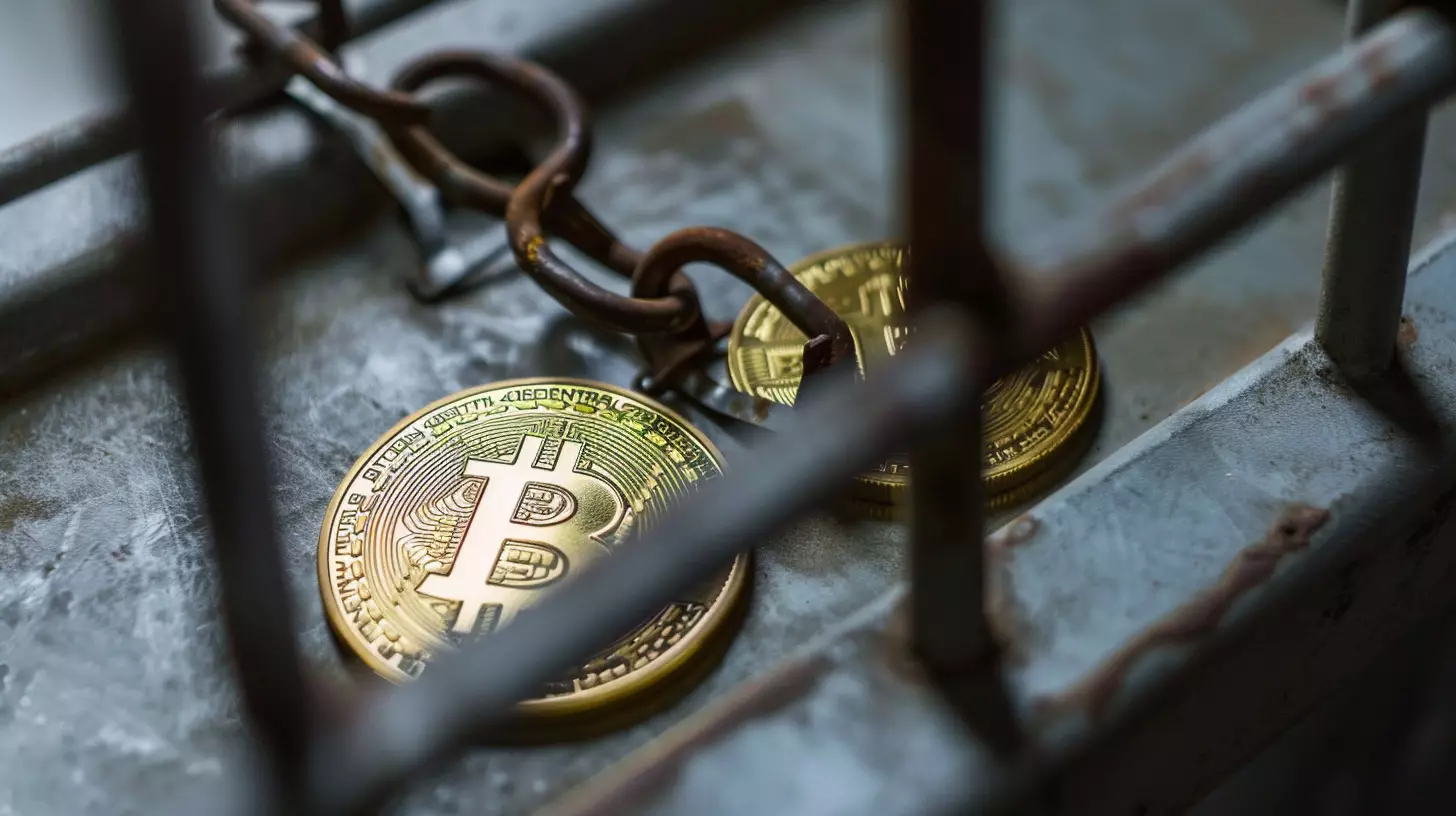The recent guilty plea from Alexander Vinnik, the Russian national behind the infamous crypto exchange BTC-e, has shed light on the dark underbelly of the cryptocurrency world. Vinnik, now facing the possibility of a two-decade prison sentence in the US, was responsible for facilitating illicit activities on a massive scale through BTC-e. The exchange processed billions of dollars in transactions, providing cyber criminals with a way to transfer, launder, and store funds obtained through hacking, ransomware attacks, and drug trafficking. This case serves as a stark reminder of the dangers posed by unregulated cryptocurrency exchanges.
One of the key issues highlighted by the BTC-e case is the lack of regulatory oversight in the cryptocurrency industry. Prosecutors pointed out that BTC-e did not have a vetting system in place, allowing criminals to anonymously convert their ill-gotten gains into cryptocurrencies like Bitcoin. This lack of oversight not only enabled criminal activities to flourish but also put legitimate investors at risk. As a result, there has been a growing call for stricter regulations to prevent future incidents of money laundering and fraud within the crypto space.
The fallout from incidents like the BTC-e case has far-reaching implications for the cryptocurrency market as a whole. The demise of Terraform Labs, following the founder’s conviction for fraud, triggered a chain of bankruptcies that wiped out billions of dollars from the market. Similarly, the sentencing of Sam Bankman-Fried and Changpeng Zhao, prominent figures in the crypto world, has raised concerns about the integrity of other exchanges and their ability to prevent illicit activities. These events have eroded trust in the industry and highlighted the need for greater transparency and accountability.
As the cryptocurrency market continues to evolve, it is clear that stricter regulations and oversight are needed to safeguard investors and prevent criminal exploitation. The recent cases involving prominent exchanges and figures serve as cautionary tales, reminding us of the risks inherent in the unregulated world of cryptocurrencies. Moving forward, it is essential for regulators, law enforcement agencies, and industry participants to work together to establish clear standards and protocols to combat money laundering, fraud, and other illicit activities within the crypto space. Only by learning from past mistakes and implementing robust safeguards can the industry regain the trust of investors and realize its full potential as a legitimate and secure financial ecosystem.















Leave a Reply